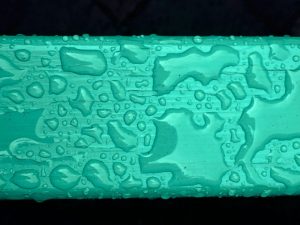Florida slip-and-fall claims have an undeserved reputation of being exaggerated or a means to make an easy buck with an injury lawsuit . The truth of the matter is falls are one of the leading causes of unintentional injuries and deaths nationally. Falls can occur at home, in health care settings, at work and in business locations (i.e., restaurants, hotels, retail stores, amusement parks, etc.). Work-related falls will most likely be covered by workers’ compensation insurance. Falls involving patients in nursing homes or hospitals may be actionable if there is evidence of negligent care or supervision. Those injured in a fall while patronizing a business may have a cause of action if it can be proven the business breached a duty of care to its customers. That’s no minor hurdle. 
In 2010, Florida lawmakers passed F.S. 768.0755, which makes it more difficult for those injured in a slip-and-fall involving a transitory foreign substance in a business establishment to obtain compensation. One must prove the business had actual or constructive knowledge of the dangerous condition and failed to remedy it. Actual knowledge would involve a situation where employees either created the hazard or were put on notice of that particular spill. Constructive knowledge involves circumstantial evidence showing the dangerous condition existed long enough the business should have discovered it in using ordinary care or that the condition occurred regularly so was foreseeable.
Although Florida slip-and-fall lawsuits can motivate businesses to be proactive, these incidents nonetheless still occur. A recent CNA Slip and Fall Study Report found that inadequate flooring was the primary culprit in most of these cases. Of the thousands of sites analyzed, the insurance and risk management services provider found that roughly half failed in the dynamic coefficient of friction level (which per the American National Standards Institute is 0.42). Continue reading
 South Florida Injury Lawyer Blog
South Florida Injury Lawyer Blog

